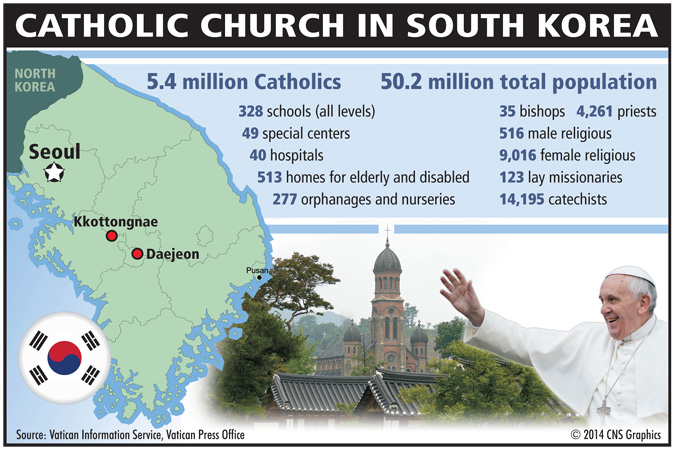 'Do I have to get married?' 'Is not divorce a matter of choice? The perception of Korean society on marriage and family is changing rapidly. According to a 2018 report of the National Bureau of Statistics: 48.1 percent of respondents thought that one should marry. One in three (30.3%) agreed with the idea that "men and women can live together, have children without marriage", for the first time, over half , 56.4% agreed that one need not marry. As for divorce, the percentage of people who think they may or may not has increased to 46.3%, and the percentage of people who think that they should not is down to 33.2%.
'Do I have to get married?' 'Is not divorce a matter of choice? The perception of Korean society on marriage and family is changing rapidly. According to a 2018 report of the National Bureau of Statistics: 48.1 percent of respondents thought that one should marry. One in three (30.3%) agreed with the idea that "men and women can live together, have children without marriage", for the first time, over half , 56.4% agreed that one need not marry. As for divorce, the percentage of people who think they may or may not has increased to 46.3%, and the percentage of people who think that they should not is down to 33.2%. The Church teaches that marriage, childbirth, and nurturing are both important obligations and fundamental rights in the order of God's creation. But in a rapidly changing reality, Catholic bioethics and church teaching are losing power. Catholic believers are more influenced by the social atmosphere than by church teachings. In a survey of 1,000 Catholics, six out of ten believers (59.8%) were in favor of 'conditional divorce', and the understanding of the ethical aspects of specific practical issues such as contraception, abortion, and euthanasia, show no big differences from the general population.
The church can not be ignorant of social change. Pastors must walk together with the believers. The National Statistical Office conducted a survey of 9,000 citizens over 13 years old in May on the theme of family, education, health, safety and the environment.
Statistics show that families are changing. The number of members living away from home has increased steadily since 2014, to 20.1%. The reason for living apart from the spouse was mainly due to work (67.3%), and unmarried children often live away because of work (57.3%) and study (35.6%). The number of parents living with their children is decreasing to 27.1%, and the proportion of parents living alone is increasing to 69.5%.
With respect to parental support, the idea that "families should be responsible" is diminishing, and the idea that each are responsible is increasing. 48.3% of parents thought that 'family, government and society should all be concerned with the retired, family responsiblity (26.7%). In fact, the proportion of parents solving their own problems is increasing to 55.5%, and the percentage of children providing for the parents has decreased to 44.4%.
How should church pastors respond to the emergence of new and varied forms rather than the traditional home. "It is true that there is a request that the church should be able to provide services in line with a changing world, but what is more important is to rethink the universal and traditional values that the church can give," said a priest working wtih families. The desire to be loved and to love remains. We need to experience God and help people feel a sense of belonging to a community. In addition to this, we can look at changes in the areas where the church is deeply interested, such as youth issues, mental health, environment,
Among Korean youths their biggest concerns were occupation, study, and appearance. According to age groups, students aged 13 to 18: study (47.3 percent), appearance (13.1 percent). Those aged 19 to 24: working (45.1 percent) and studying (14.9 percent). 49.1% of the respondents said they shared their problems mostly with friends, followed by parents (28.0%) and (13.8%) solved their own problems. 76.7% of the students enrolled in secondary school thought of themselves as worthy, but the rate of satisfaction with themselves was relatively low (64.2%).
In the past year, 5.1% of the respondents had at least once thought of suicide. The reason was economic difficulties (37.3%), illness (15.2%), family disagreement (14.1%), loneliness, solitude (12.3% ). For teenagers, the biggest problem were grades and attendance at school (35.7%). 54.4% of the respondents said they were stressed in everyday life, and 71.8% of them found the stress at the workplace, 49.6% in school and 40.8% in family life.
Regarding environmental problems, anxiety about fine dust (82.5%) was the highest. To prevent environmental pollution, efforts are needed in disposing and separating household articles for recycling (91.7%) and to reduce food waste (83.6%). Approval for tax burdens for environmental protection was 50.1%.